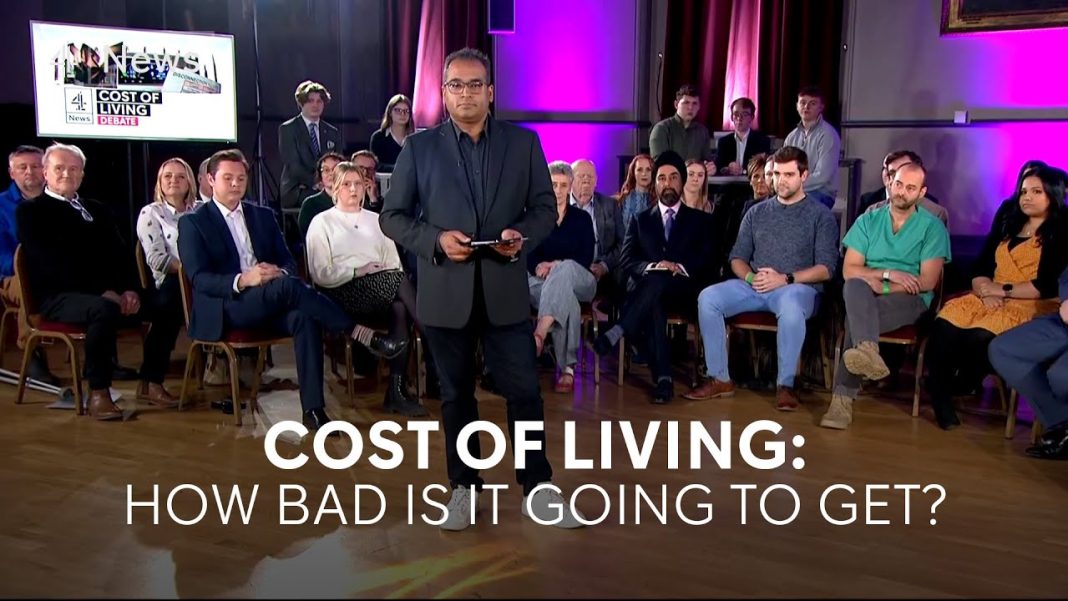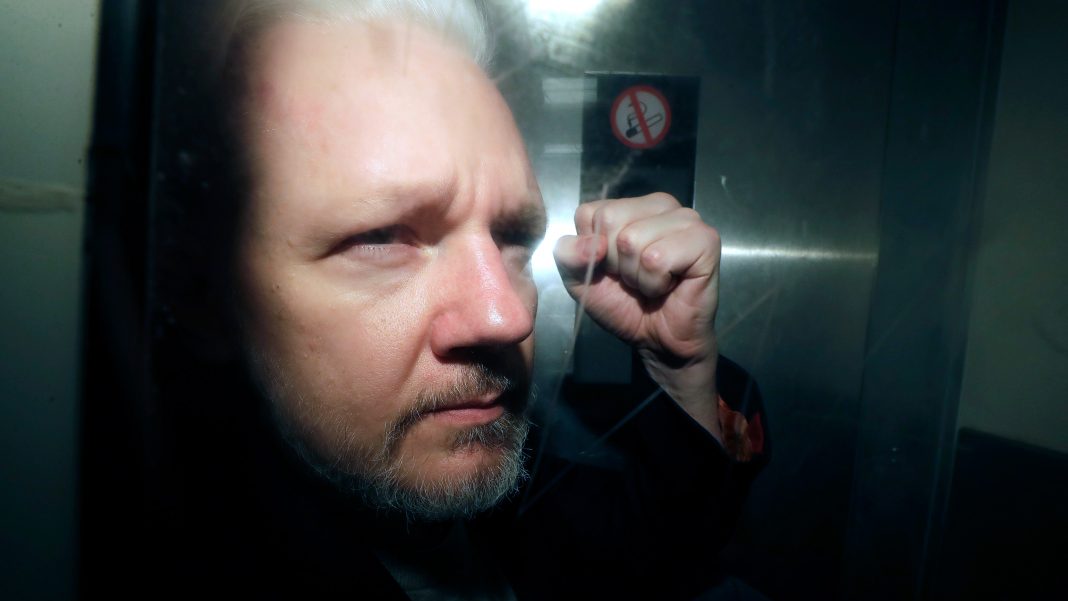Israel’s War On Gaza Is the Deadliest Conflict On Record for Journalists
Introduction:
The war between Israel and Gaza has resulted in the deaths of more than 100 journalists, making it the deadliest conflict for reporters in history. This investigation, conducted by Arab Reporters for Investigative Journalism (ARIJ), sheds light on the killing, injury, detention, and threats against Palestinian journalists, as well as the destruction of media offices in Gaza. The investigation involved interviews with witnesses, consultations with weapons experts, and analysis of data from various organizations. The findings reveal a pattern of targeted attacks on journalists and media infrastructure by the Israeli military.
The Targeting of Journalists:
Salman Bashir, a journalist covering the war in Gaza, witnessed the death of his colleague Mohammed Abu Hatab during a live broadcast. Abu Hatab was killed in an Israeli strike that destroyed his home and killed 11 family members. He is one of more than 100 journalists who have been killed during the war. The exact number is difficult to determine due to varying data collection methods, but all organizations agree that it is a record-breaking figure.
The Role of Al-Aqsa Media Network:
Al-Aqsa Media Network, a media network affiliated with Hamas, lost 20 journalists in the conflict, making it the newsroom with the highest number of casualties. The Israeli military denies targeting journalists but claims that Al-Aqsa often employs “terrorists” posing as journalists without providing evidence. The Committee to Protect Journalists (CPJ) is confident that every name on its casualties list is a journalist engaged in legitimate journalism.
Impunity and Disinformation:
Israel has a history of destroying media offices during conflicts in Gaza. In 2021, the Associated Press and Al Jazeera’s offices were struck by Israeli forces. The Israeli military has been accused of spreading disinformation about journalists being linked to militants without providing evidence. The United Nations special rapporteur on freedom of opinion and expression, Irene Khan, criticized Israel for failing to provide evidence of the precautions taken to avoid killing journalists.
The Use of Drones:
Israeli drones have been constantly flying over Gaza, conducting surveillance and gathering information. Journalists have reported being directly targeted by surveillance drones, leading to additional threats from the Israeli military. Drones are equipped with sensors that allow them to see and hear, and they can accurately identify targets based on information gathered from various sources. At least 20 journalists and media workers have been attacked by precision strikes likely launched from drones.
The Destruction of Media Offices:
The Israeli military has destroyed numerous media offices in Gaza during the war. The Palestinian Journalists Syndicate documented 73 media offices that were partially or completely destroyed. An investigation by ARIJ and its partners revealed that the Israeli military made false statements about an explosion at the Agence France-Presse headquarters in Gaza. The investigation found that projectiles that struck the media offices were shells fired by Israeli tanks.
The Impact on Journalists:
Palestinian journalists in Gaza have been key in informing the world about the war, despite facing immense challenges. Many have been injured, lost family members, and been displaced from their homes multiple times. The combination of fatalism and dedication among journalists is evident, with some refusing to evacuate despite Israeli army orders. Roshdi al-Sarraj, a journalist who defied evacuation orders, was killed in an Israeli airstrike on his home.
Conclusion:
The war between Israel and Gaza has had a devastating impact on journalists, with more than 100 killed and many others injured, displaced, or targeted by precision strikes. The destruction of media offices further hinders the ability of journalists to report on the conflict. The international community must hold Israel accountable for its actions and ensure the protection of journalists in conflict zones. The work of journalists is crucial in providing accurate information and holding those responsible for war crimes accountable.


